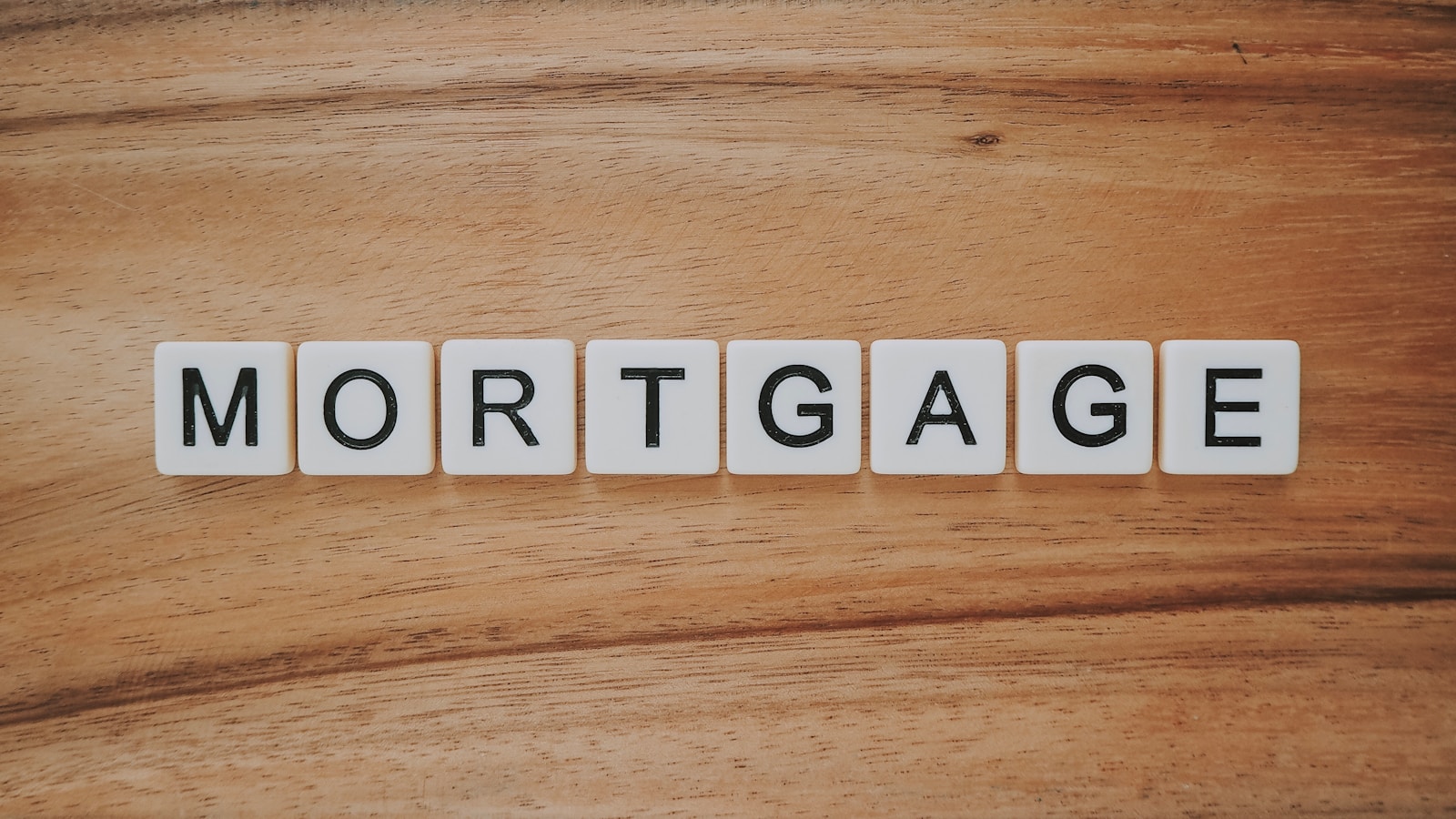Fixed vs Variable Mortgage Rates in the UAE: Which is Better in 2025?
Choosing between a fixed or variable mortgage rate is one of the most critical decisions when financing a property in the UAE. With shifting economic indicators and central bank policies influencing the market, understanding the pros and cons of each option for 2025 could save you thousands of dirhams. Whether you’re a first-time buyer, investor, or considering refinancing, this guide breaks down the best mortgage rates UAE 2025 has to offer.
Understanding Fixed Mortgage Rates in the UAE
Fixed mortgage rates UAE lenders offer lock your interest rate for a set period, typically 1-5 years. During this term:
- Your monthly payments remain unchanged despite market fluctuations
- Common in UAE banks like Emirates NBD, ADCB, and FAB
- Popular among buyers preferring predictable budgeting
Exploring Variable Mortgage Rates in the UAE
UAE variable mortgage rates fluctuate based on the Emirates Interbank Offered Rate (EIBOR) or Central Bank base rates. Key features:
- Initial “teaser rates” often lower than fixed options
- Payments decrease when interest rates fall
- Common reference rates: 3-month or 6-month EIBOR + bank margin
Fixed Mortgage Rates: Pros and Cons for 2025
Advantages of Fixed Rates:
- Payment Stability: Immune to EIBOR increases during fixed term
- Budget Certainty: Easier long-term financial planning
- Risk Mitigation: Protection against inflation spikes
Disadvantages of Fixed Rates:
- Higher initial rates compared to variable options
- Breakage fees if refinancing or selling during fixed period
- Missing out on savings if EIBOR decreases significantly
Variable Mortgage Rates: Pros and Cons for 2025
Advantages of Variable Rates:
- Lower starting rates than fixed mortgages (2.5-4% vs 3.5-5.5%)
- Potential savings during economic downturns or rate cuts
- More flexible exit options without heavy penalties
Disadvantages of Variable Rates:
- Payment uncertainty during economic volatility
- Risk of “payment shock” if EIBOR rises sharply
- Harder to budget long-term expenses
UAE Mortgage Rate Trends: What to Expect in 2025
Forecasts suggest moderate stability for UAE mortgage interest rates in 2025, with analysts predicting:
- Potential EIBOR decreases if US Fed cuts rates in late 2024/early 2025
- Fixed-rate premiums shrinking as banks compete for borrowers
- Increased variable-rate popularity if inflation cools consistently
Key Factors in Choosing Between Fixed or Variable
When comparing UAE fixed vs variable loans:
- Economic Outlook: Fixed usually outperforms during rate-hike cycles
- Loan Duration: Shorter plans (1-3 years) favor variable; longer terms suit fixed
- Risk Tolerance: Can you absorb 30-60% payment increases?
- Exit Plans: Fixed better if selling/refinancing within 2-3 years is unlikely
- Budget Precision: Essential expenses covered? Variable might offer savings
Hybrid & Special Mortgage Products
Many UAE lenders offer innovative options:
- Capped Rates: Variable with maximum rate limit
- Split Loans: Portion fixed, portion variable
- Discount Periods: Initial fixed rate converts to variable
Best Mortgage Strategy for UAE Borrowers in 2025
Based on current projections:
- Short-term buyers (1-3 years): Variable loans and capped-rate products
- Long-term owners (5+ years): Prefer 3-5 year fixed terms
- Risk-averse borrowers: Fixed rates despite potential premium costs
- Economic optimists: Variable loans betting on rate drops
How to Secure the Best Mortgage Rates in the UAE
- Compare at least 3 lenders: Banks vs specialist mortgage providers
- Negotiate fees: Arrangement, valuation, and early settlement charges
- Check UAE Central Bank regulations for fixed-rate caps
- Consider mortgage brokers for exclusive deals
Conclusion: Making Your Decision
There’s no universal “best” mortgage rate in the UAE for 2025. Fixed rates offer immunity to rising interest rates at a premium cost, while variable rates provide initial savings with payment uncertainty. With forecasts pointing toward potential rate stabilization, variable mortgages may gain appeal in early 2025. Match your choice to personal finances, risk appetite, and property plans – and reassess annually as rates evolve.


Leave a Reply